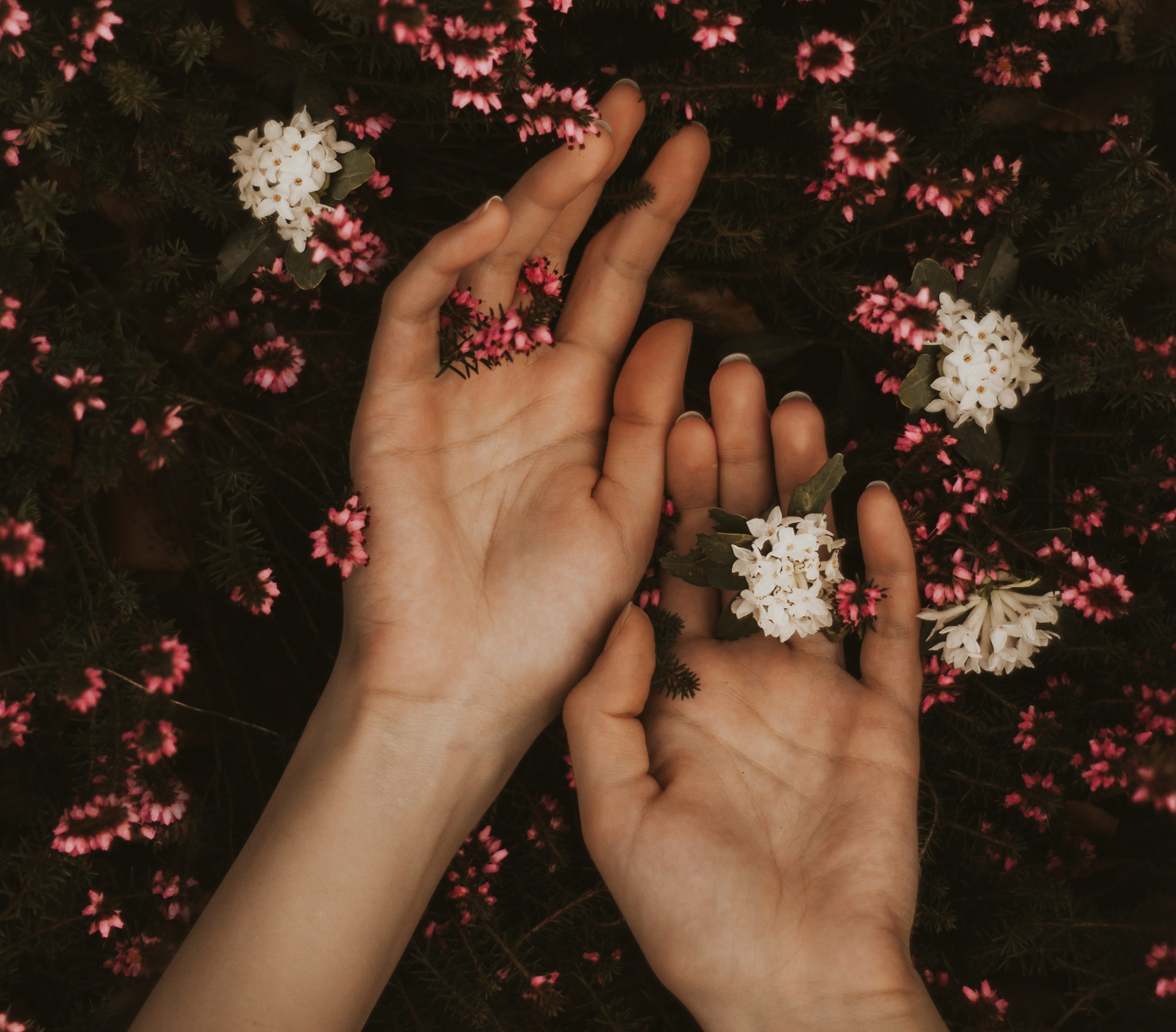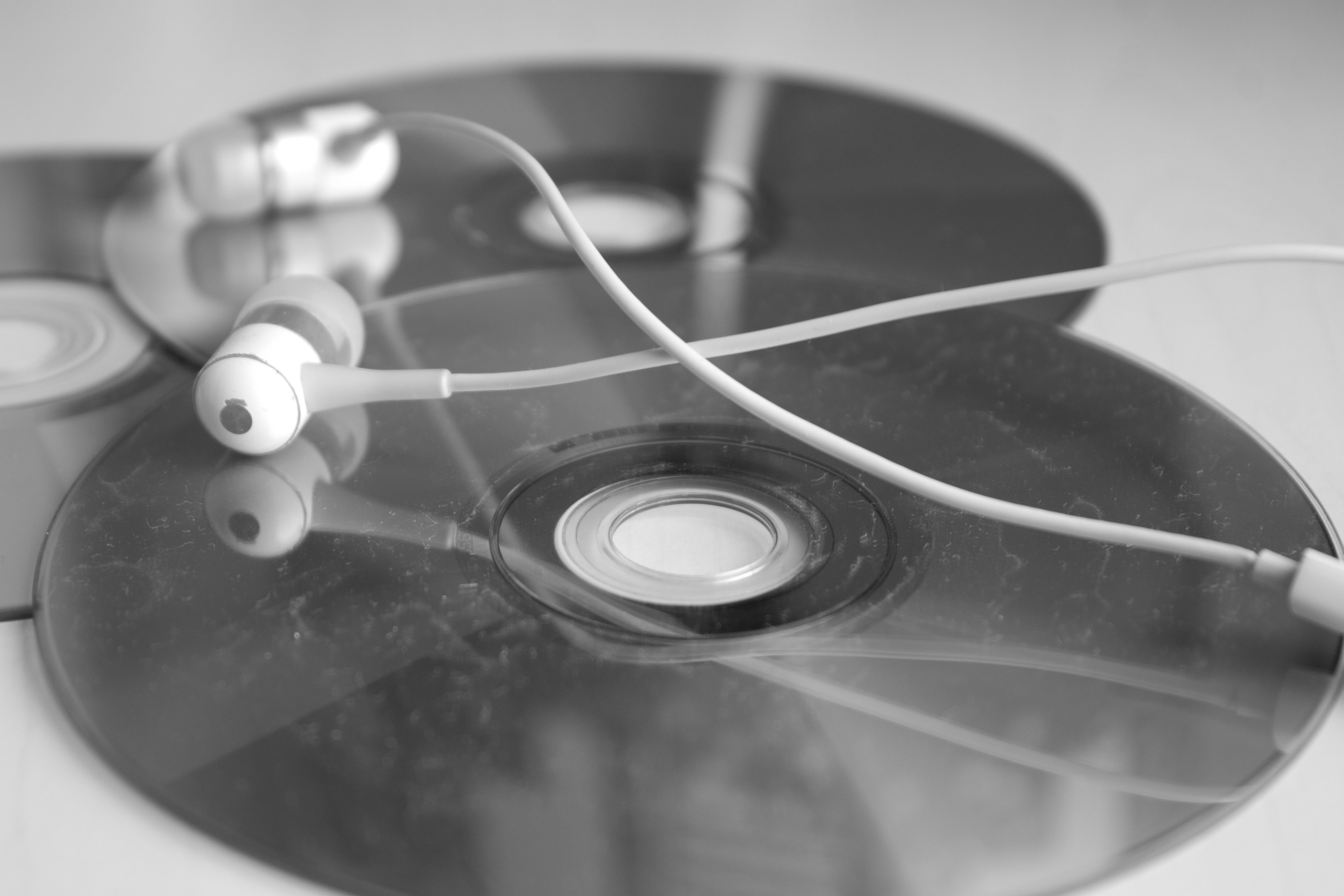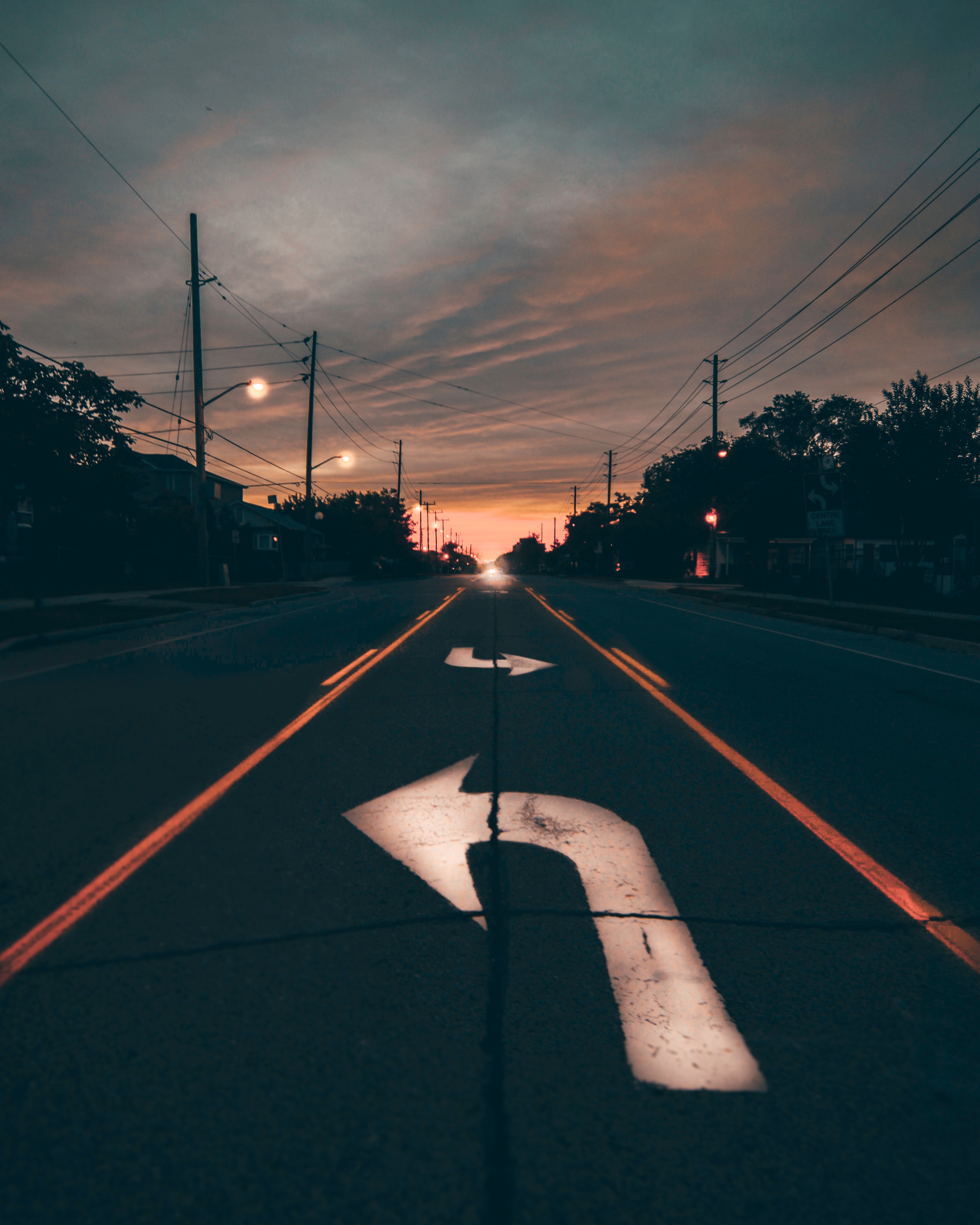I have always been a very active individual, loving athletics, trying almost all sports in grade school and high school, and being a part of the Cross-Country team at Acadia during my undergraduate career. I attended a private girl’s school and was surrounded by female coaches who believed in the girls they were teaching.
In high school, I knew that I found girls attractive but I wasn’t sure what that meant. I have been asked if I was gay and I immediately resisted that label. My thoughts around identity politics used to be summarised by two questions that I posed to myself “why are we, as a society, so obsessed with the need to self-identify?”, “Why can’t someone just say I love men and women and that is good with me”.
I have thought about this question a lot, addressing it in a way that will hopefully create positive dialogues. I believe that you shouldn’t have to self-identify, it should be a choice, if you want to, then go forward and say it out loud. But as an introvert it took me a long time to become okay with my sexuality. Not an uncommon phenomenon.
While studying Sociology in university, the importance of formal structures and institutions largely determine how heteronormative relationships are prioritised in our society as a whole. Gay marriage is still illegal in many countries and punishable by death. There are communities rallying together to rise up against the oppressive nature of patriarchal values, whose role in sexuality is significant, to say the least.
During my junior year of university, I told my dear friend that I had a keen interest in women and she was nothing but a true-blue friend who actively supported me and allowed me to feel proud of being bisexual. I knew that there was a lot of stereotyping surrounding bisexual individuals even from members of the LGBTQ+ community.
Some individuals believe that bisexuals are unfaithful, confused, immoral, and just straight and experimenting. The thought of an individual who loves men and women, and the importance of trans individuals is crucial to mention, especially their powerful role in shaping our communities.
When I realised in university that this was NOT only a phase but a true reflection of my own attraction to men and women, I allowed myself the freedom to tell my close friends and family. Six years later I can say that I am proud of my bisexual self-label. I chose to acknowledge it because I knew without it, I wouldn’t be being true to myself while simultaneously undermining the work of the LGBTQ+ community at large.
I have looked up to women my entire life and am now seeing a political climate that is changing positively, but slowly. I see women who are proud of their work, proud of their accomplishments, women who have come out in the LBTG+ community. Women who are starting revolutions and fostering change for the good of humanity. Women have always been working for change, but I believe that work is truly starting to connect us globally.
What I would like to remind individuals who don’t identify as a part of the LBGTQ+ community is that sexuality is fluid, and judging others for their sexuality is unfair and oppressive. I am not confused. Bisexuality is just as valid a form of sexuality as any other. Women loving women is beautiful. Women loving men and women should be normalised. Men loving men is beautiful. Trans people deserve love and respect. LOVE IS LOVE.





